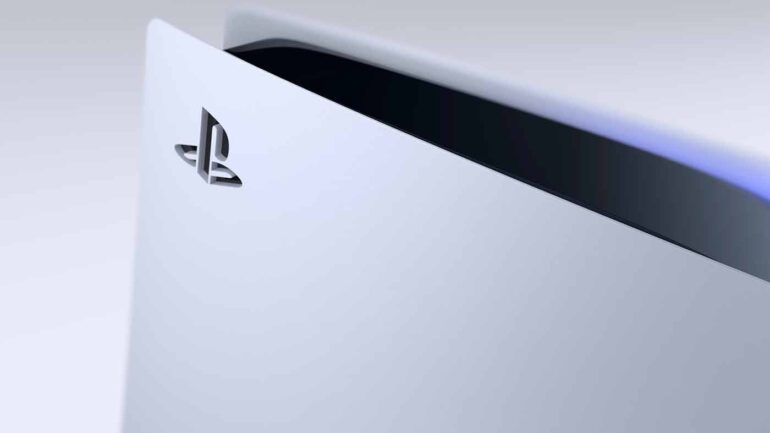Update: Insider Gaming has expanded on these claims with even more supposed details, including the console’s system memory, CPU and audio spec. While the big story is still the GPU upgrades and the new machine learning upscaling tech, there are tiny bumps elsewhere that will no doubt contribute to an overall increase in performance.
The “PS5 Pro” will reportedly also continue the trend of a detachable disc drive, and will come with 1TB of SSD storage as standard.
The full list of newly-claimed (see: not verified) PS5 Pro specs is in the story below:
Once again, new claims have surfaced that purport to have access to internal information around the possibility of a PlayStation 5 “Pro” console in the near future, this time first spun up by YouTube channel Moore’s Law Is Dead.
While this channel has proven to be less-than-reliable in the past, and the apparent leaked document showed some specs that have made many suggest it’s falsified, the reports have since picked up some steam thanks to corroboration from Tom Henderson at Insider Gaming, whose information is typically on the money and who claims his “sources” have verified the document in question is real.
The specs documented in MLiD’s leak look mighty impressive for a mid-generation refresh, if real, with the claim that the machine will have up to 33.5 Teraflops of graphical processing power, which is a huge leap over the current PS5’s 10.28 TFlops and even the Xbox Series X’s 12.
In reality, that supposedly will pan out to around 45% faster rendering on the Pro’s updated GPU, which is also helped along by hugely improved ray-tracing performance and something called “PlayStation Spectral Super Resolution” upscaling or PSSR – which would be a machine learning-based upscaling technology much like NVIDIA’s DLSS or AMD’s FSR. MLiD claims that the new console will still pack the same 16GB of GDDR6 RAM and an identical CPU, although the RAM looks to have a significant speed increase and the CPU may be slightly faster in the Pro thanks to a new high frequency mode, suggesting that Sony is less interested in a big push for raw power and more about utilising those machine learning-based technologies and improved ray-tracing performance to really bring games up to a more consistent standard.
Here are those pretty outlandish specs being claimed:
PlayStation 5 Pro Specs
System Memory
Standard PlayStation 5 – 448 GB/s (14 GT/s)
PlayStation 5 Pro – 576 GB/s (18GT/s) – A 28% increase over the standard console.
Also outlined is that the PlayStation 5 Pro’s system memory is more efficient than the standard console, so the bandwidth gain may increase by over 28%.
CPU
The CPU is identical to the standard PlayStation 5, however, the Pro has a ‘High CPU Frequency Mode”, which takes the CPU to 3.85GHz – A 10% increase over the standard console.
Audio
The ACV in the PlayStation 5 Pro runs at a higher clock speed over the standard PlayStation 5, resulting in the ACM library having 35% more performance.
- More convolution reverbs can be processed
- More FFT or IFFT can be processed
GPU
- Rendering 45% faster than PS5
- 2-3x Ray-tracing (x4 in some cases)
- 33.5 Teraflops
- PSSR (PlayStation Spectral Super Resolution Upscaling) upscaling/antialiasing solution
- Support for resolutions up to 8K is planned for future SDK version
- Custom machine learning architecture
- AI Accelerator, supporting 300 TOPS of 8 bit computation / 67 TFLOPS of 16-bit floating point
PlayStation 5 Pro Release Date
Insider Gaming’s own report suggests that the PS5 Pro devkits have been available to first-party studios since September last year, third-party developers since early this year and that testkits will go out in the near future ahead of a tentative 2024 holiday release – which IG also claims could change with the lack of first-party titles on the cards for this year.
And you can see Moore’s Law is Dead’s video below:



